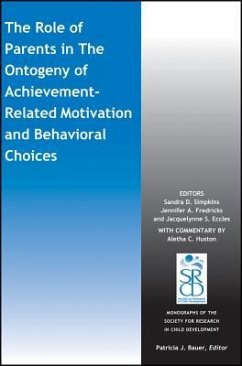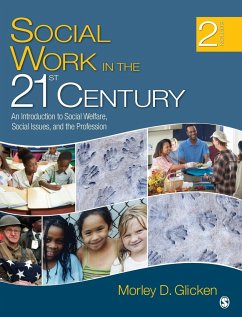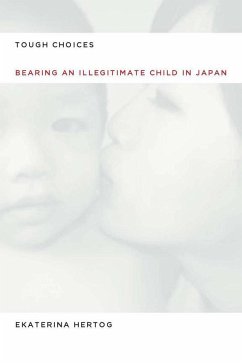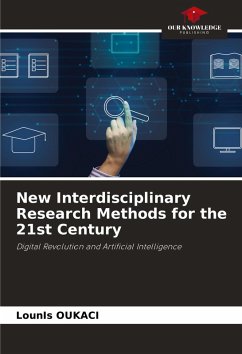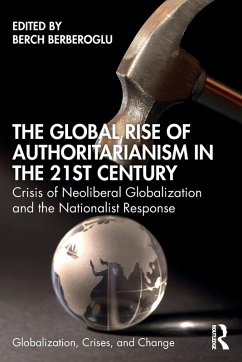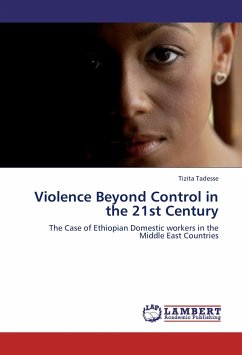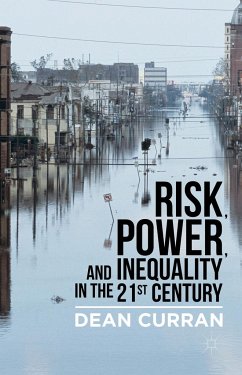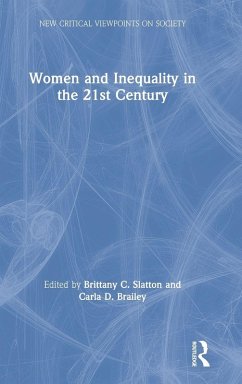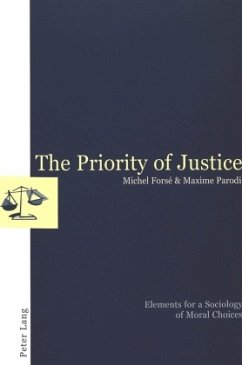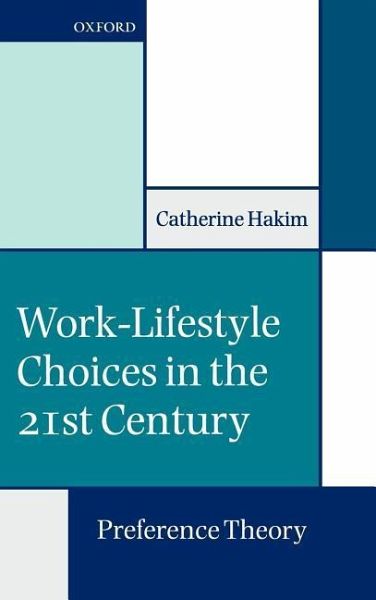
Work-Lifestyle Choices in the 21st Century
Preference Theory
Versandkostenfrei!
Versandfertig in 1-2 Wochen
67,99 €
inkl. MwSt.

PAYBACK Punkte
34 °P sammeln!
In this book, Hakim presents a new, multi-disciplinary theory for explaining and predicting current and future patterns of women's choice between employment and family work. Preference theory is the first theory developed specifically to explain women's behaviour and choices. As such, it constitutes a major break from male-centred theorizing to date in sociology and economics. Preference theory is grounded on the substantial body of new research on women's work and fertility that has flourished within feminist scholarship. It identifies five major historical changes that collectively are produ...
In this book, Hakim presents a new, multi-disciplinary theory for explaining and predicting current and future patterns of women's choice between employment and family work. Preference theory is the first theory developed specifically to explain women's behaviour and choices. As such, it constitutes a major break from male-centred theorizing to date in sociology and economics. Preference theory is grounded on the substantial body of new research on women's work and fertility that has flourished within feminist scholarship. It identifies five major historical changes that collectively are producing a qualitatively new scenario for women in prosperous societies in the 21st century. Throughout the analysis, the USA and Britain illustrate what the new scenario means for women, how it alters their preferences and work-lifestyles choices. Hakim also reviews research evidence on contemporary developments across Europe, Canada, Australia, Japan, and the far East to develop a new theory that is genuine international in perspective.



